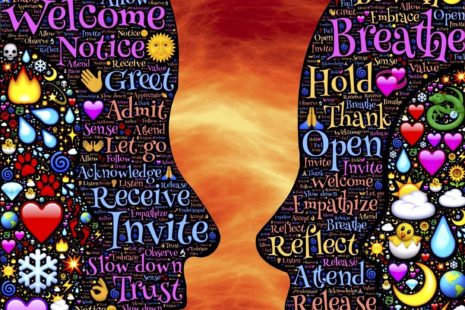Low emotional intelligence (EI) can result from a variety of factors, often involving a combination of personal, developmental, and environmental influences. Understanding these causes can help in addressing and improving EI skills.
Some common causes of low emotional intelligence include…
- Lack of Awareness or Education – Individuals may not be aware of the concept of emotional intelligence or recognize its importance in personal and professional success. Without this awareness, they may not invest time in developing these skills.
- Upbringing and Environment – A person’s family environment and upbringing play a significant role in the development of EI. Lack of emotional expression, support, or recognition within the family can hinder the development of emotional understanding and regulation skills.
- Limited Social Interaction – Limited opportunities for social interaction during critical developmental periods can impede the development of social skills and emotional awareness. Social interactions are for learning empathy, emotional regulation, and effective communication.
- Trauma or Stressful Life Experiences – Traumatic experiences or prolonged exposure to high-stress environments can impact an individual’s emotional processing and regulation abilities. This might lead to difficulties in handling emotions in a healthy way.
- Mental Health Issues – Certain mental health conditions, such as depression, anxiety disorders, or personality disorders, can affect one’s emotional intelligence. These conditions might impair the ability to accurately perceive and interpret emotions in oneself and others.
- Cognitive Biases – Cognitive biases and fixed mindsets can limit a person’s ability to perceive and understand their own emotions and those of others, leading to poor emotional intelligence.
- Neurological Differences – For some individuals, neurological differences can impact the way emotions are processed and expressed. For example, individuals on the autism spectrum may have unique challenges in understanding and responding to social and emotional cues.
- Cultural Factors – Cultural norms and values that discourage the expression of emotions or prioritize certain emotional responses over others can also influence one’s emotional intelligence. In some cultures, emotional expression and direct communication about feelings may not be encouraged, affecting the development of EI skills.
Improving emotional intelligence involves recognizing these influencing factors and actively working on areas of weakness through self-reflection, education, therapy, or coaching. With effort and practice, individuals can enhance their EI, leading to better interpersonal relationships and overall well-being.






